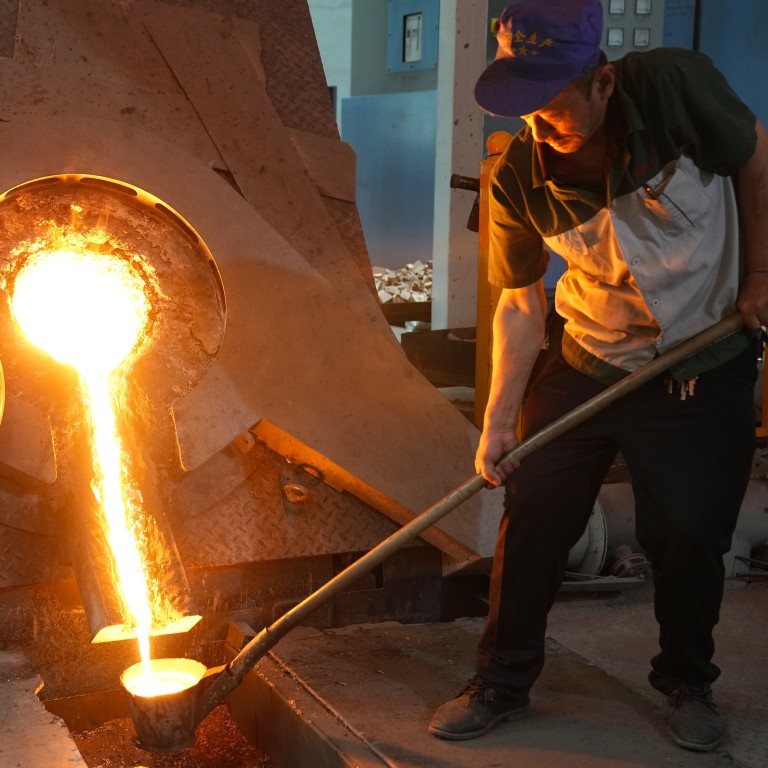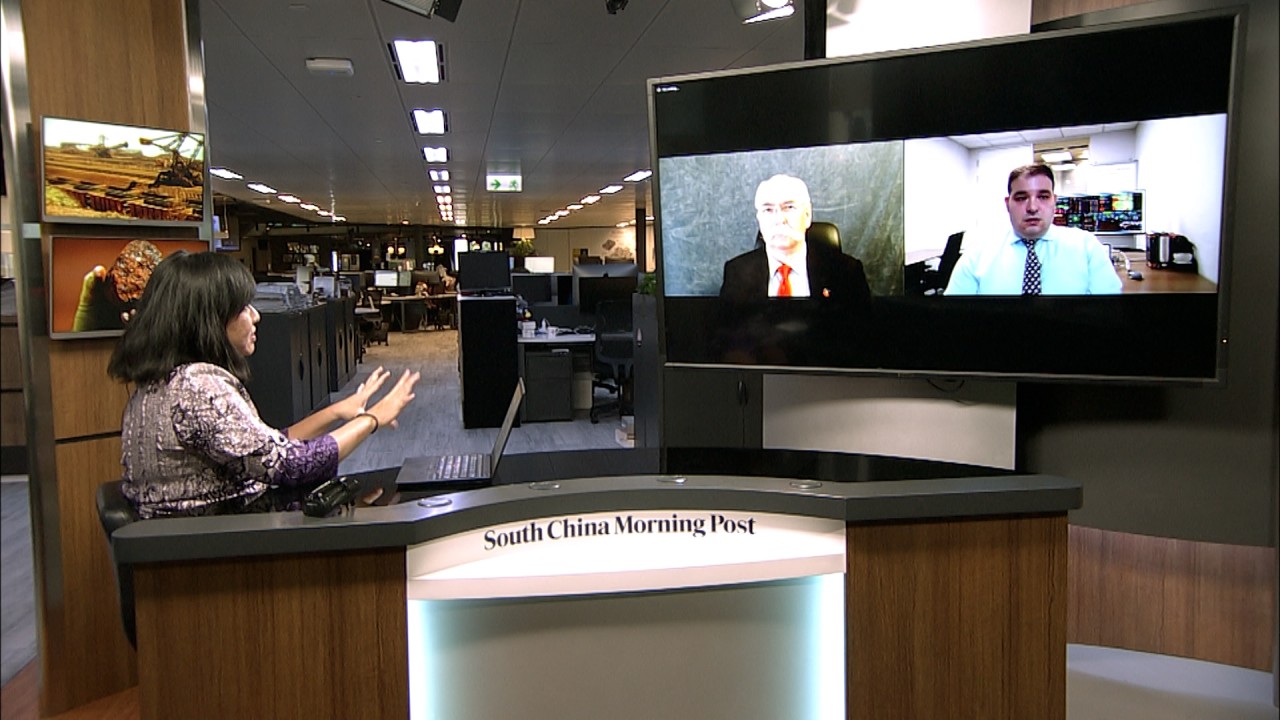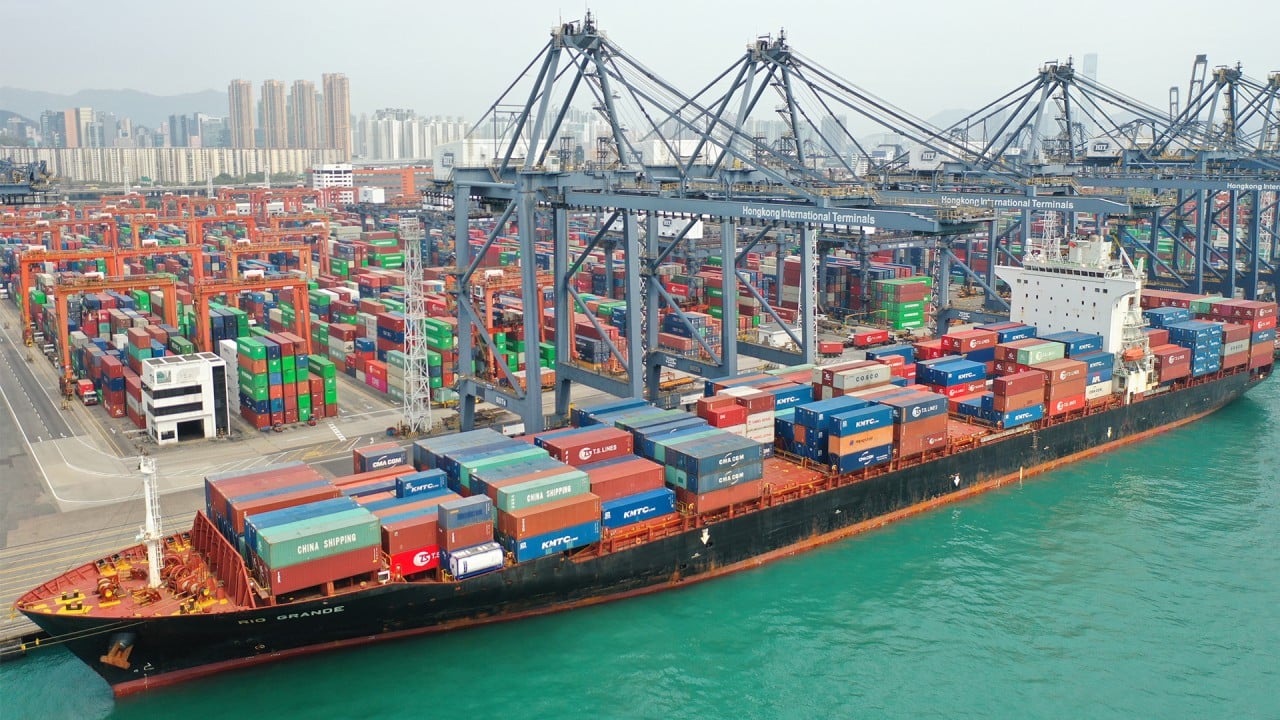
China’s bid to kill a red-hot commodity rally puts stocks cherished by BlackRock, Vanguard in limbo
- Chinese raw-material producers lead best-performing industry group within CSI 300 index with a gain of 17 per cent this year
- Fundamentals will prevail as China’s clampdown on speculation and hoarding to break the camel’s back, BCA Research says
The headwind is coming from the nation’s top political leaders who are keen to protect its economic recovery, after prices at factory gates surged in April by the most in three years on higher commodity prices.
“The ‘shouting’ from the top has hit commodity trading hard, but it will probably take a few more rounds to eventually extinguish the zeal,” said Hong Hao, head of research at Bocom International in Hong Kong. “We still detect sporadic but not yet prevalent speculative fervour.”
A sub-gauge of Chinese raw material producers has risen 17 per cent this year, outpacing the 2.3 per cent gain in the CSI 300 Index tracking the broader market in Shanghai and Shenzhen. Over a 12-month stretch, they surged 79 per cent versus 38 per cent for the market.
Some of the sub-index members – China Northern Rare Earth High-Tech, Aluminum Corp of China and Inner Mongolia Baotou Steel Union – have surged by at least 40 per cent this year alone. The former two counted funds managed by BlackRock, Vanguard and JPMorgan Chase among its shareholders, while Baotou Steel Union‘s foreign holders included investment vehicles managed by Deutsche Bank and T. Rowe Price, according to Bloomberg data.
The fall this month in those industrial commodities, however, is putting those members in the best-performing industry group in limbo. Futures contracts on copper have fallen by almost 5 per cent from its 15-year high in Shanghai. Contracts on iron and steel have tumbled by at least 20 per cent from their all-time highs.

09:18
Will iron ore be dragged into the ongoing China-Australia trade conflict?
“Fundamentals will ultimately prevail and weakening Chinese commodity demand will lead to a material slump in base metal prices,” analysts at BCA Research said in a report on May 27. “The impact on commodity prices will be aggravated by an administrative clampdown on speculation and hoarding. Thus, the recent clampdown by Chinese authorities could be the proverbial straw that breaks the camel’s back.”
The pullback in commodity prices will help to arrest the declines in carmakers like the nation’s No. 1 producer SAIC Motor that relies on steel as a major production input, and Ningbo Orient Wires & Cables, which uses copper to make wiring. Both stocks have slumped at least 17 per cent this year.
Higher raw-material prices erode profitability of most listed companies, which have found it difficult to pass on the additional costs to customers during a pandemic or an economic slowdown.
The last time China’s producer price index accelerated in 2016, profit margins for the companies excluding the upstream industries shrank by 18 basis points, according to UBS. They expanded 90 basis points after factory-gate inflation moderated in the following year.
Recent government measures have “led to flexibility in production control and more crackdowns on commodity price speculation,” said Meng Lei, a strategist at UBS. “The moderation of producer price index and upstream prices should help alleviate investors’ concerns about margin pressure.”
The Swiss investment bank estimates China’s producer inflation to peak at around 7 per cent by June.
To be sure, the commodity frenzy could persist with more countries reopening their economies and current overshooting is a normal scenario during the early stage of economic rebound, according to Moody’s Investors Service.
“Commodity prices will remain volatile and could temporarily remain high,” it said in a report dated May 27. “Prices will continue to find support as more countries put the pandemic behind them and demand picks up from acutely-depressed levels.”

09:20
Trade ‘only one part of the battle‘ in China-Australia dispute, says legal expert Bryan Mercurio
Commodity prices are among the key factors that will decide the direction of the stock markets in Hong Kong and mainland China, according to HSBC Jintrust Fund Management.
“The window for investment will duly open once commodity prices stabilise or reverse the recent upsurge,” said Cheng Yu, a fund manager at the Shanghai-based firm.
Until then, more volatility is in store.
Commodity-cooling measures already introduced by Beijing include boosting production of steel and coal, adjusting commodity imports, conducting checks of abnormal and speculative trading on futures markets and subsidising smaller companies.
Five government departments led by the National Development and Reform Commission summoned a meeting with major producers of iron ore, steel, copper and aluminium earlier this month, asking them to stabilise prices, shun price rigging and avoid misinformation.
“The pullback in commodity prices will quell expectations about stagflation,” said Duan Xiaole, an analyst at Sinolink Securities. “There’s an increasing downside risk on cyclical stocks in the sector.”

